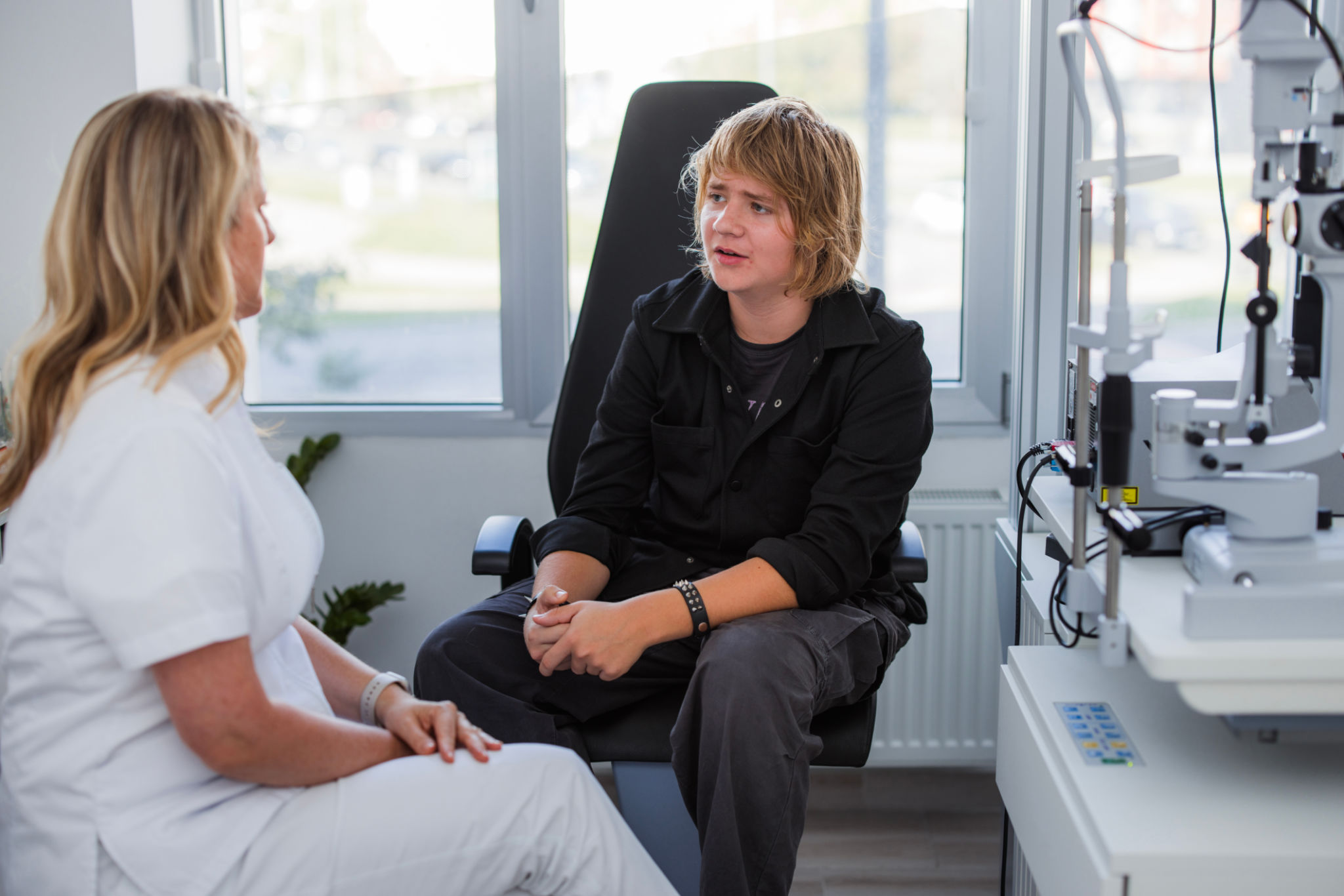Achieving Work-Life Balance for Ob/Gyns: Tips for Healthcare Professionals
Understanding the Unique Challenges
Obstetricians and gynecologists (Ob/Gyns) face unique challenges in achieving work-life balance due to the demanding nature of their profession. The unpredictability of on-call hours, emergency procedures, and patient care can lead to long and irregular working hours. Recognizing these challenges is the first step towards creating a more balanced life.

Prioritizing Time Management
Effective time management is crucial for Ob/Gyns aiming to balance their professional and personal lives. Developing a structured schedule that allocates time for patient care, administrative tasks, and personal commitments can significantly enhance efficiency. Utilizing digital tools like calendars and scheduling apps can help in organizing daily tasks and ensuring that personal time is not compromised.
Setting Boundaries
Setting clear boundaries between work and personal life is essential. Ob/Gyns should communicate their availability to colleagues and patients, ensuring that personal time is respected. Learning to say no to non-essential work activities can also help in maintaining these boundaries, allowing healthcare professionals to recharge and focus on personal well-being.

The Importance of Self-Care
Self-care should be a priority for Ob/Gyns to prevent burnout and maintain mental and physical health. Regular exercise, a balanced diet, and sufficient sleep are fundamental components of self-care. Additionally, engaging in hobbies or activities that bring joy can provide a much-needed break from the demands of the medical profession.
Seeking Support Systems
Building a strong support system can be invaluable for Ob/Gyns striving for work-life balance. This includes both professional networks and personal relationships. Colleagues can provide valuable advice and share coping strategies, while family and friends offer emotional support. Joining professional organizations or support groups can also be beneficial.

Flexible Work Arrangements
Exploring flexible work arrangements can greatly enhance work-life balance for Ob/Gyns. Options such as part-time work, job sharing, or telemedicine can provide more control over one's schedule. Open communication with employers about the need for flexibility can lead to mutually beneficial solutions that support both the healthcare professional and their patients.
Continuous Professional Development
Continuous learning and professional development are important for staying updated in the medical field. However, this should not come at the expense of personal time. Ob/Gyns should seek opportunities that fit within their schedule, such as online courses or webinars, to ensure that professional growth does not interfere with personal life.
Reflecting on Personal Goals
Regularly reflecting on personal goals and aligning them with professional responsibilities can help Ob/Gyns maintain perspective on what truly matters. Setting realistic goals and celebrating small achievements can provide motivation and a sense of accomplishment, contributing to overall life satisfaction.

Conclusion
Achieving work-life balance as an Ob/Gyn is challenging but attainable with intentional strategies and support systems. By prioritizing time management, setting boundaries, practicing self-care, seeking flexible work arrangements, and engaging in continuous development, healthcare professionals can lead fulfilling lives both inside and outside the workplace.
